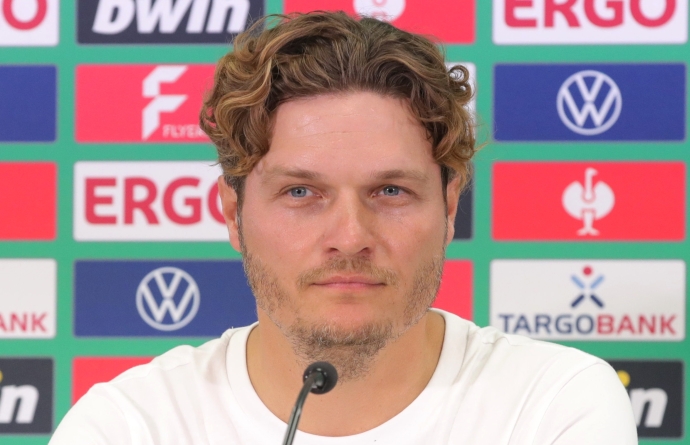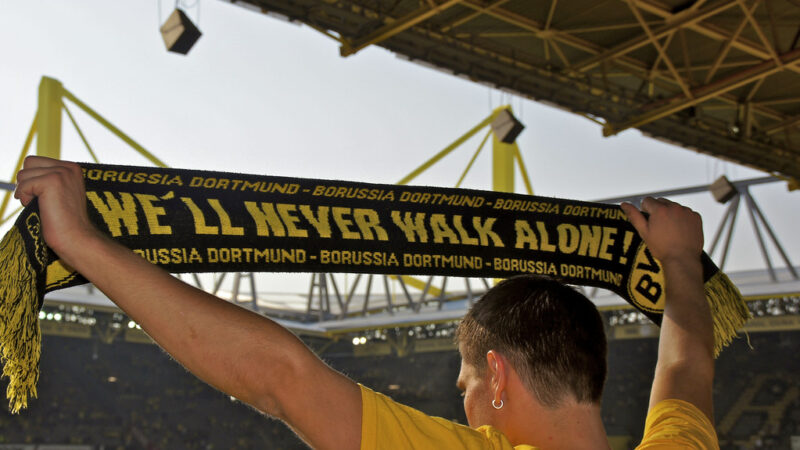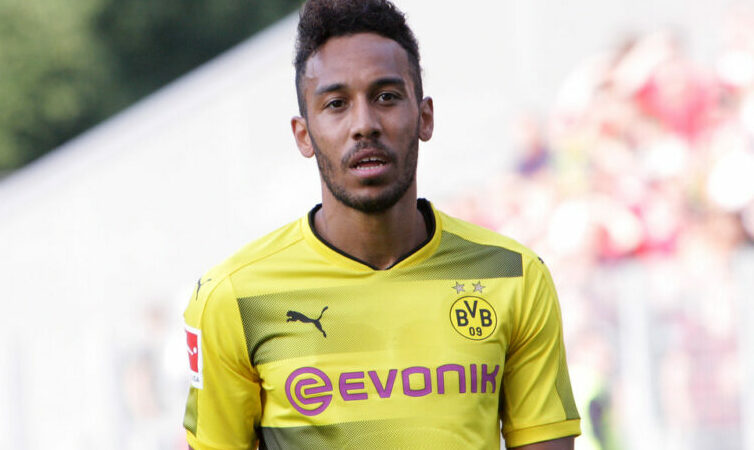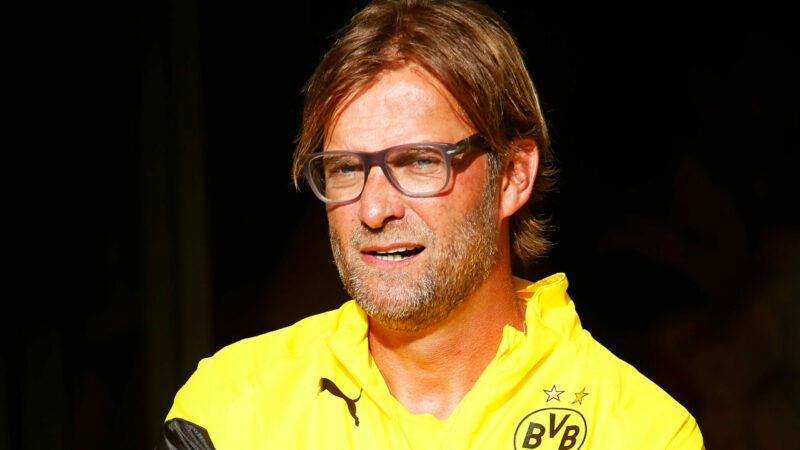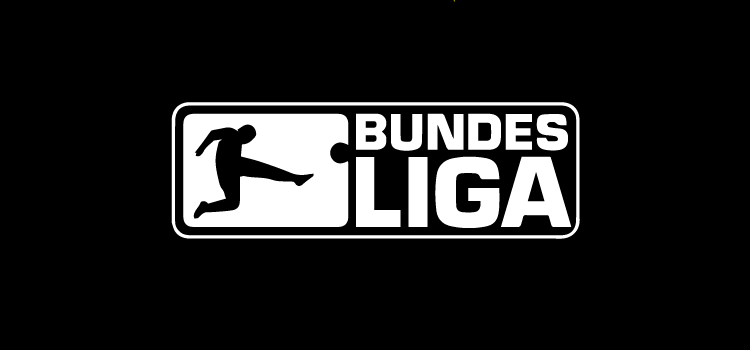Bowing Out: Talking Points From Borussia Dortmund v Real Madrid
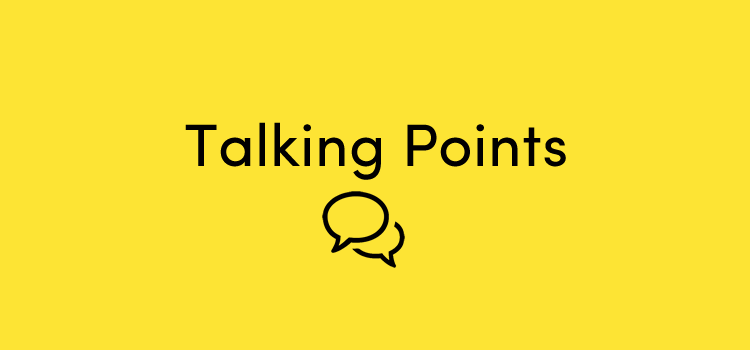
It could have been worse. Much worse. With their Champions League dreams long dashed, and the consolation of a Europa League place on the horizon, Dortmund travelled to the Santiago Bernabeu to face Real Madrid in the final match of their Champions League group, succumbing to the relentless hosts, 3-2. The result flattered the visitors, as they did not control the game nearly as much as they had in the team’s’ first meeting at the Westfalenstadion in September. Madrid were once again group winners as Dortmund finished the round in 3rd, behind Tottenham Hotspur.
A Shaky Start
A team in questionable form never should like their chances going to the home of the two-time defending Champions League winners, and after going down by two after just twelve minutes, it looked like it could get ugly for Peter Bosz’ men. Starting in their 3-4-2-1 with a makeshift XI due to injury, it took a while for the defence to organise and settle into the match. Madrid were on the board in the 8th minute after a Ronaldo pass into Isco was unintentionally flicked on by the Spaniard to Borja Mayoral, who scored his first ever European goal. Just four minutes later, Ronaldo showed why he is one of history’s most prolific goal scorers when he received the ball on the edge of the box, took a touch out of his feet, and stroked the ball into the far corner in the amount of time most players need to do just one of those things.
After the opening salvo, Madrid took their foot ever so slightly off the gas, giving Dortmund the chance to claw back. Die Schwarzgelben actually took the balance of chances in the latter part of the first half, finally culminating in a Pierre-Emerick Aubameyang goal before half-time, giving the team a lift heading into the break. Dortmund’s response to the first two goals ended up being their strongest period of the match, as Madrid would reassume their dominance shortly after Aubameyang’s second at the beginning of the second-half.
Cobbled Together
If Peter Bosz has fresh ideas to implement in the hopes of turning the season around, he is unlikely to be able to with the rash of injuries running through the club. Marco Reus is a near constant on the sidelines, but he has been joined by Omer Toprak, Mario Gotze, and Max Philipp recently, among others. As a result, Wednesday night featured a back five with two left backs and three centre backs, as well as former Monchengladbach man, Mahmoud Dahoud. The key attackers, Christian Pulisic and Aubameyang, both played, and with Shinji Kagawa joining them up top, were perhaps Dortmund’s most impressive players.
If Bosz is to survive the season, he will need to be helped along by an improvement on the injury front. The Dutchman has yet to even coach the most talented member of his team, Marco Reus, due to his knee injury. The quality he has at his disposal is undeniable, but he has been robbed of the opportunity to find his best starting XI.
The Last Gasp Audition
As I have said recently, Pierre-Emerick Aubameyang may never get his dream move. The Gabonese striker has always admired Los Blancos, and for about three years has been a popular pick to replace Karim Benzema at the Bernabeu during nearly every transfer window since. For one reason or another, the move has never materialised for him, and despite being picked to lose his place in the team for years now, Benzema has maintained his place at the op of Madrid’s formation putting in the hard yards for his flashier teammates.
However, this season has been a struggle for the French striker, with the goals not flowing as freely for him as in years passed. He still puts in the work so that Ronaldo doesn’t have to, but at 29 is starting to look well beyond his best. The time should be now for Aubameyang to make his big move, and with his two impressive goals bookending halftime, certainly did his part in making the supporters take notice. Unfortunately, Aubameyang’s hopes are likely to be dashed. He is only a year younger than Benzema and possesses a style, predicated on pace, that is less compatible with aging, and the Madridistas may have had their heads turned by a younger striker they have also faced in this season’s Champions League: Harry Kane
Thursday Night Dreams
Dortmund were always likely to face a tough road out of their group with European power Madrid and an emergent Tottenham joining them. At the very least, fans were going to get a show with some of the best attacking and high pressing football around. Unfortunately, it was a loss to Madrid that represented the first in what has become a precipitous decline since September for the club. The resultant collapse of form had a devastating effect, taking them out of the driver seat for the Bundesliga crown and down into the bottom half of their Champions League group, where they would stay for the duration of the round.
While Bosz and his team can still look forward to continuing their European campaign in the Europa League, they will now be forced play on Thursdays should they advance, giving them one less day of rest for the weekend and their all-important Bundesliga matches. The fight for the title may be a distant memory of…well…two months ago, but a team of Dortmund’s quality should absolutely be challenging for a top four place corresponding berth in next season’s Europa League.
Should The Experiment Continue?
Peter Bosz is at least trying. The switch to a 3-4-2-1 was necessitated by an unbelievably porous back line, and so far has yielded mixed results. The biggest concern with the formation, particularly for attack minded managers, is the devotion of one more player to defence means losing a midfielder. This makes it harder for possession oriented sides to dominate the ball in all areas of the pitch. However, coming from a 4-3-3, the shape is essentially very similar, with a defender stationed full-time between two centre backs, where a defensive midfielder will often drop into when the team is on the ball.
Obviously, the fear is that the formation simply “robs Peter to pay Paul”, taking away attacking potency in the name of a sturdy defence. This can be a hard pill to swallow for a manager who prefers front footed football, but in many ways, Bosz can look to the Premier League for examples of this helping a team. Arsenal switched to a back three/back five last season for the first time in two decades under Arsene Wenger when they were facing many of the same problems as Dortmund do now, with their overly aggressive attack leaving their defence badly exposed. A switch to the same 3-4-2-1 Bosz has adopted yielded a few less goals, yes, but also a much improved defence and a surprise recovery to win the FA Cup. At Manchester City, one of the world’s best teams this season, Pep Guardiola will even use a back three at times to stabilise his defence. It is a sacrifice being made by some of the best in the business, and if Bosz is convinced that this new formation is the answer, he must commit fully to it.
By: Nate Smith

